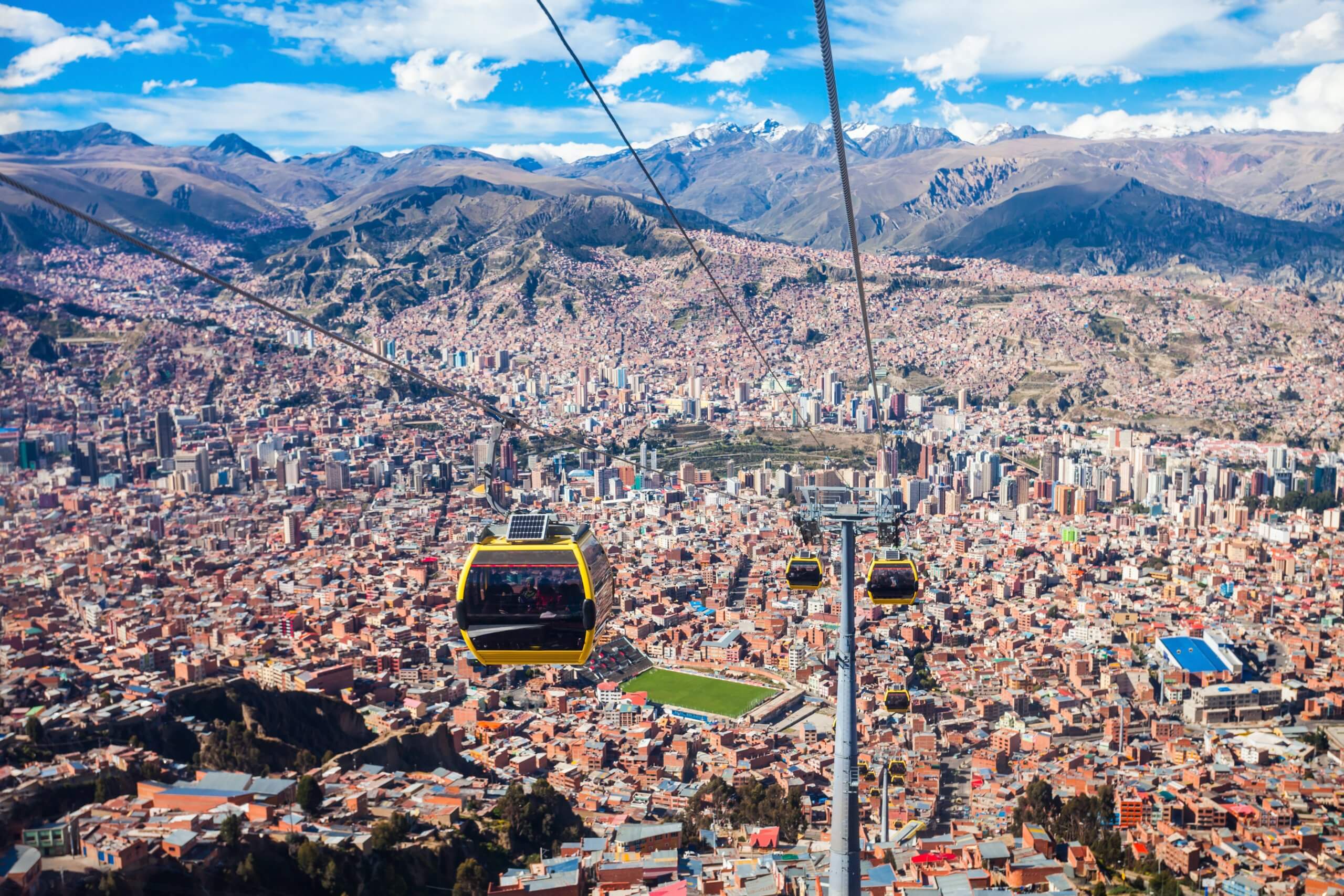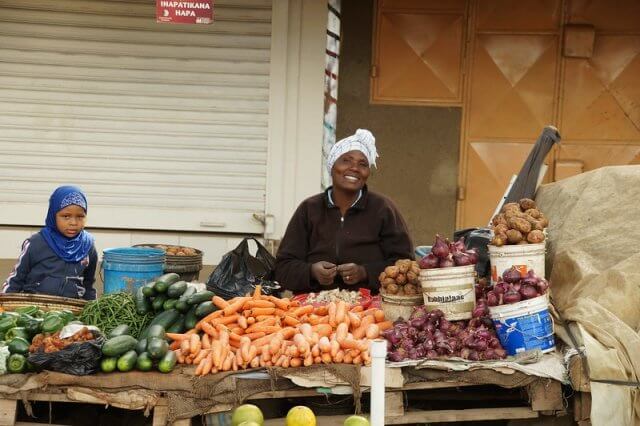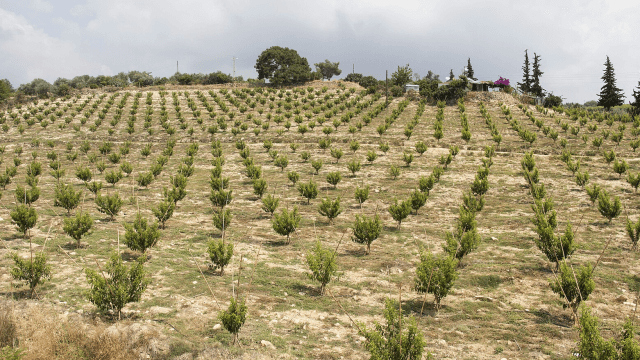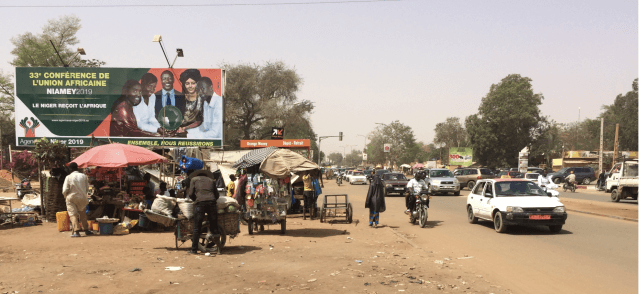The action and its aims
The Municipal Food Security Committee of La Paz is a multi-stakeholder group that debates, analyses, and drafts municipal policies for a more healthy, sustainable and resilient local food system. It is legally recognised as an official advisory group to the city government, which enables it to propose strategic actions to reinforce food security and to monitor and evaluate implementation.
Why it was needed
The committee was formed in 2013 and was motivated by increasing concern over food security in a city that relies heavily on food imports.
Who initiated it, who is involved
It was founded by the Mayor of La Paz and non-profit organization Fundación Alternativas. The committee meets once a month and is made up of representatives of various municipal secretariats, community associations, NGOs and businesses.
Outcome/how it strengthened coordination
The committee serves as an intermediary between the city government and other public institutions on questions of food security, which helps ensure initiatives and investments are complementary and there is no doubling of efforts. In 2014 it drafted the first Municipal Food Security Law of La Paz (No. 105/2014), into which its own existence and function is inscribed. The committee carried out a wide consultation and secured support for the law from over 67 institutions and private companies and over 1000 individuals. It also contributed to the design of the city’s five-year strategic plan.





